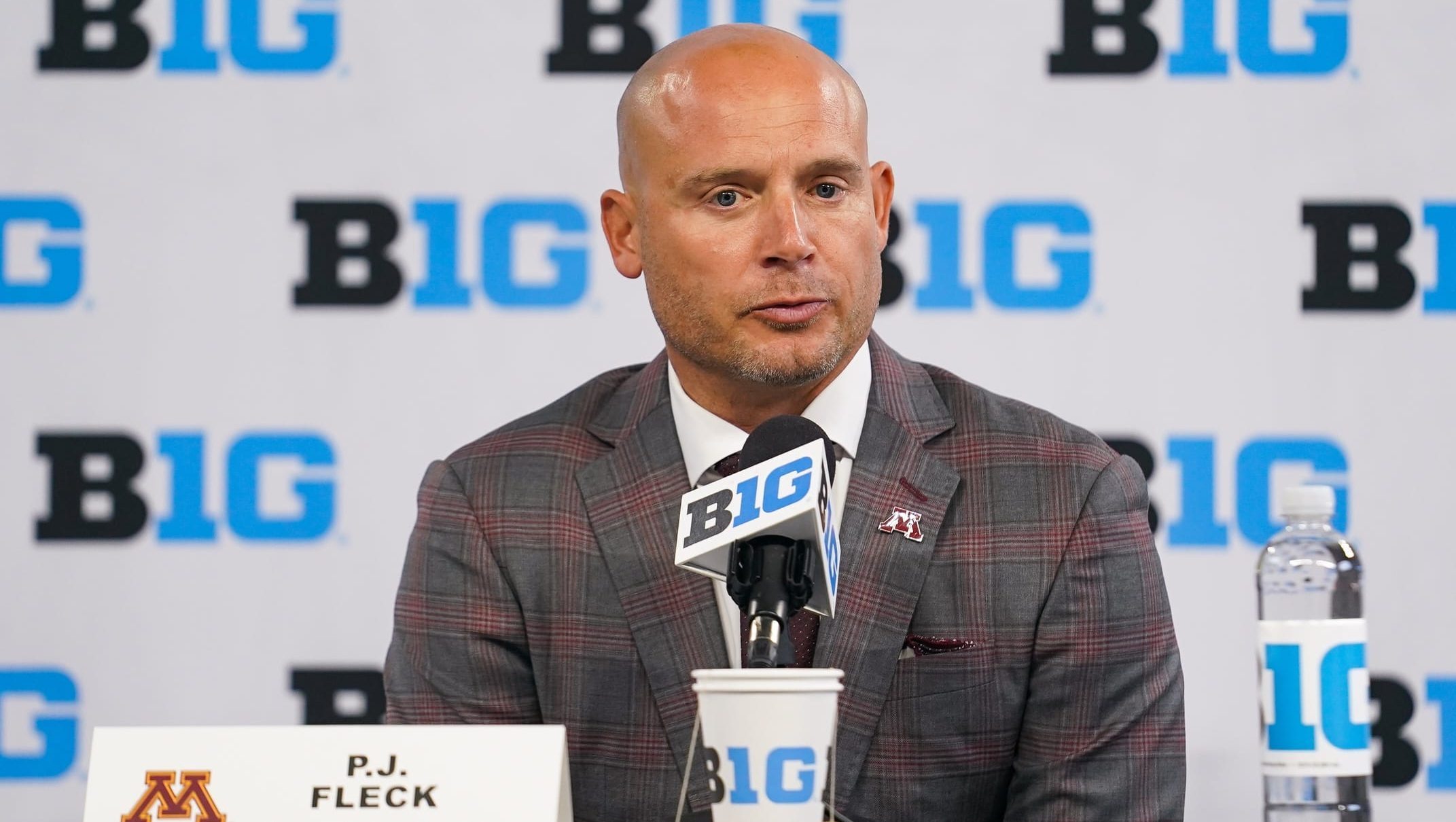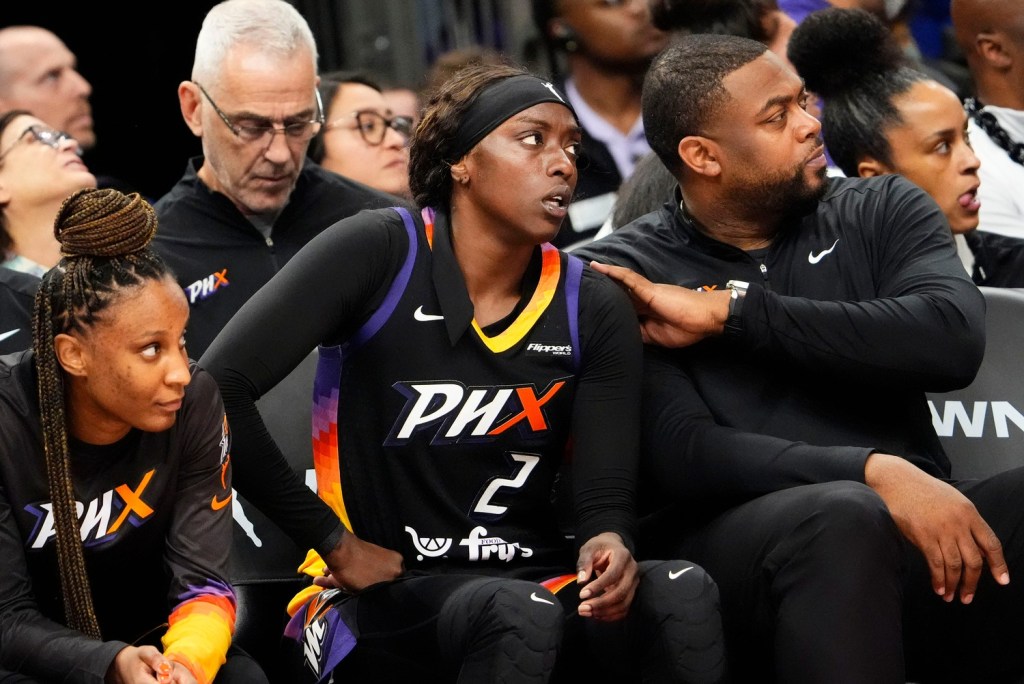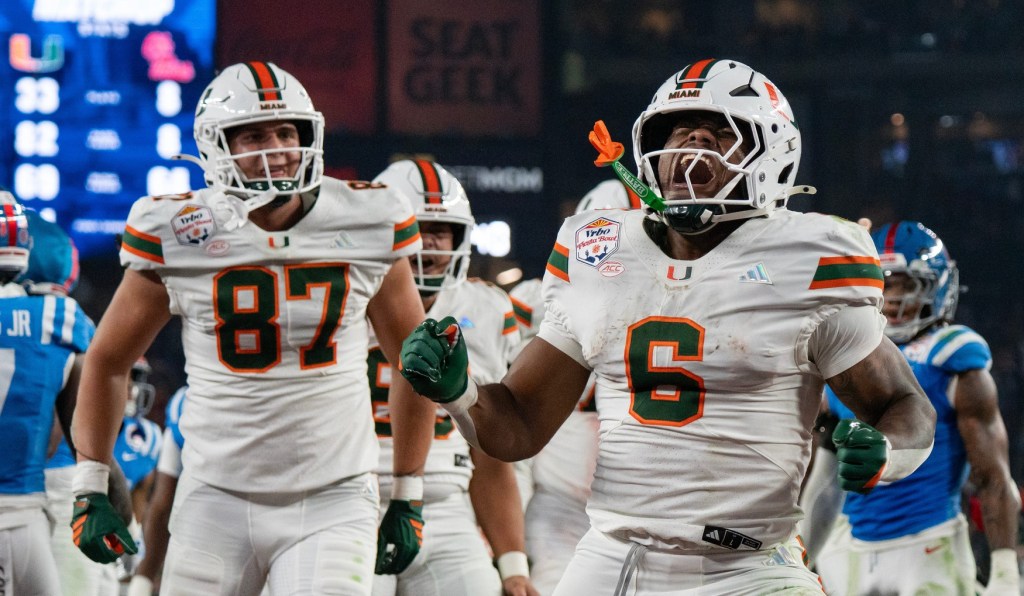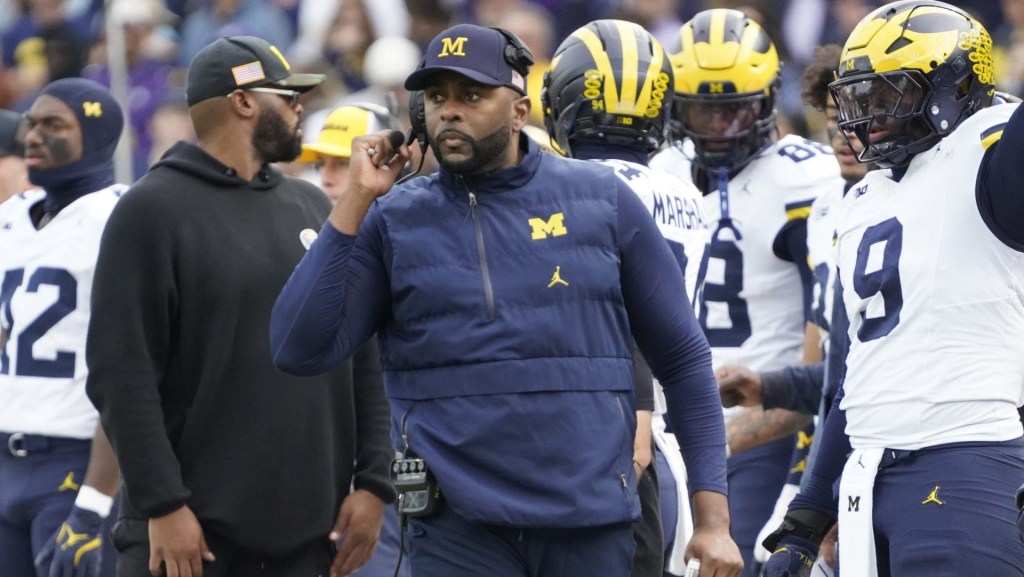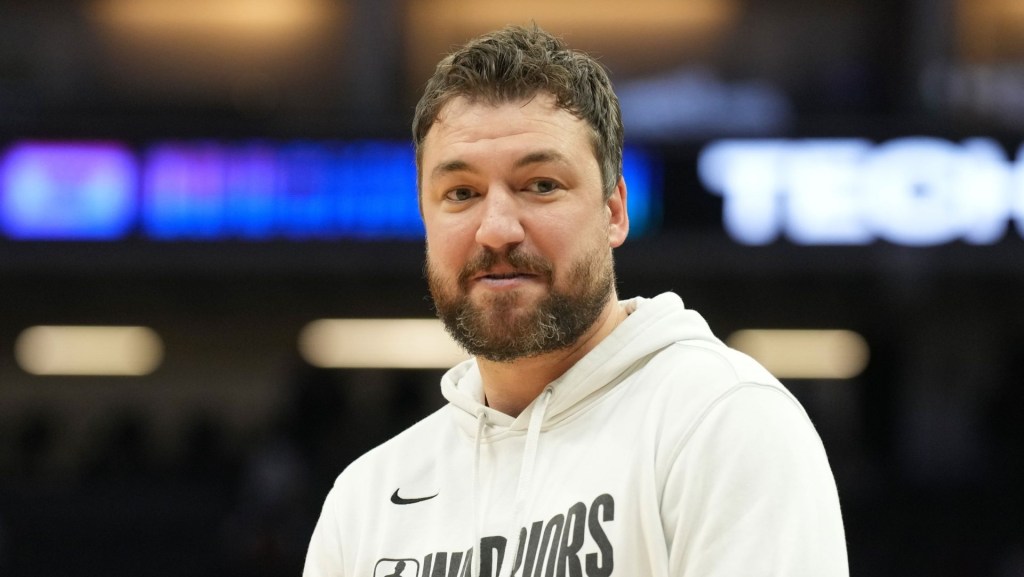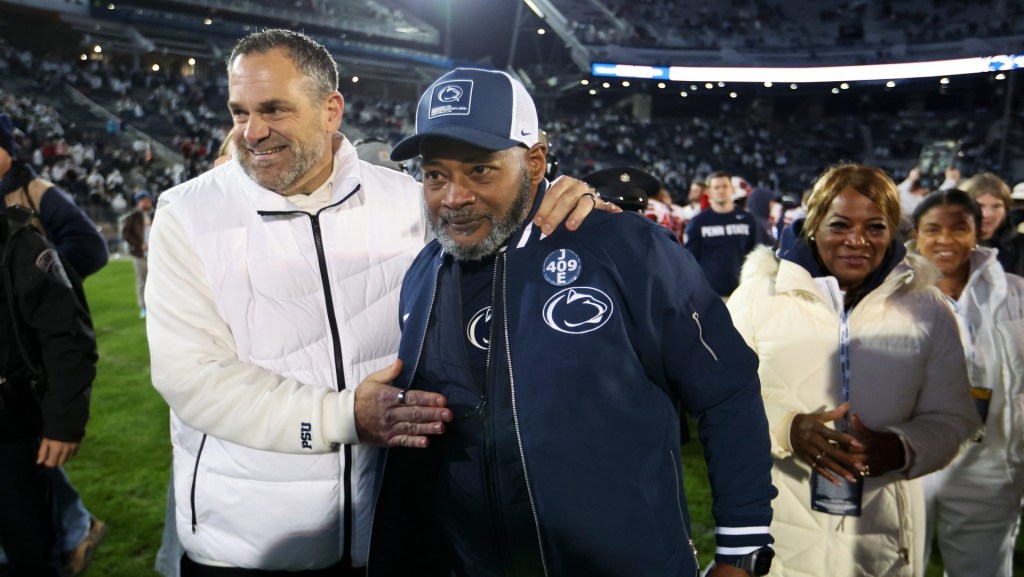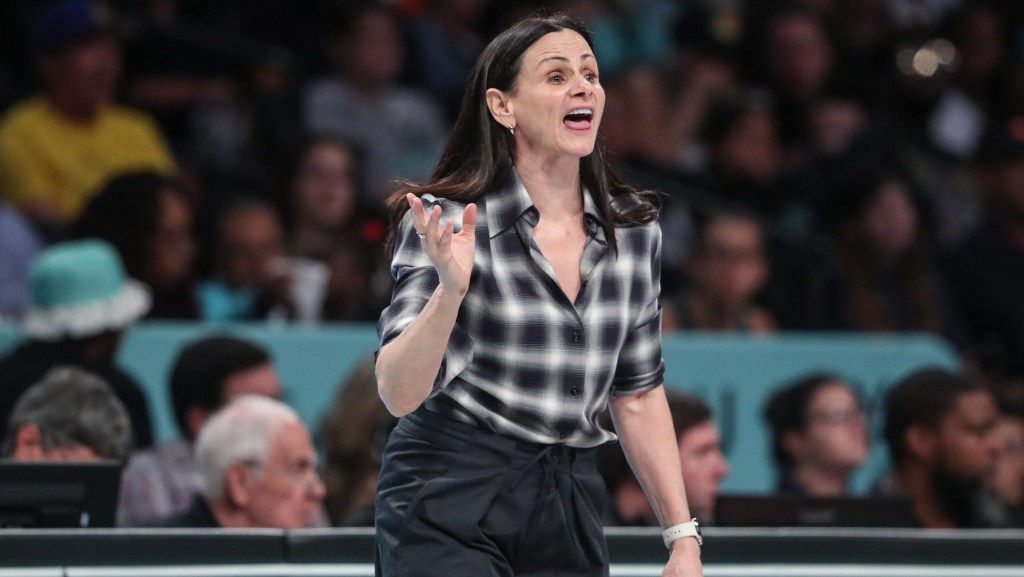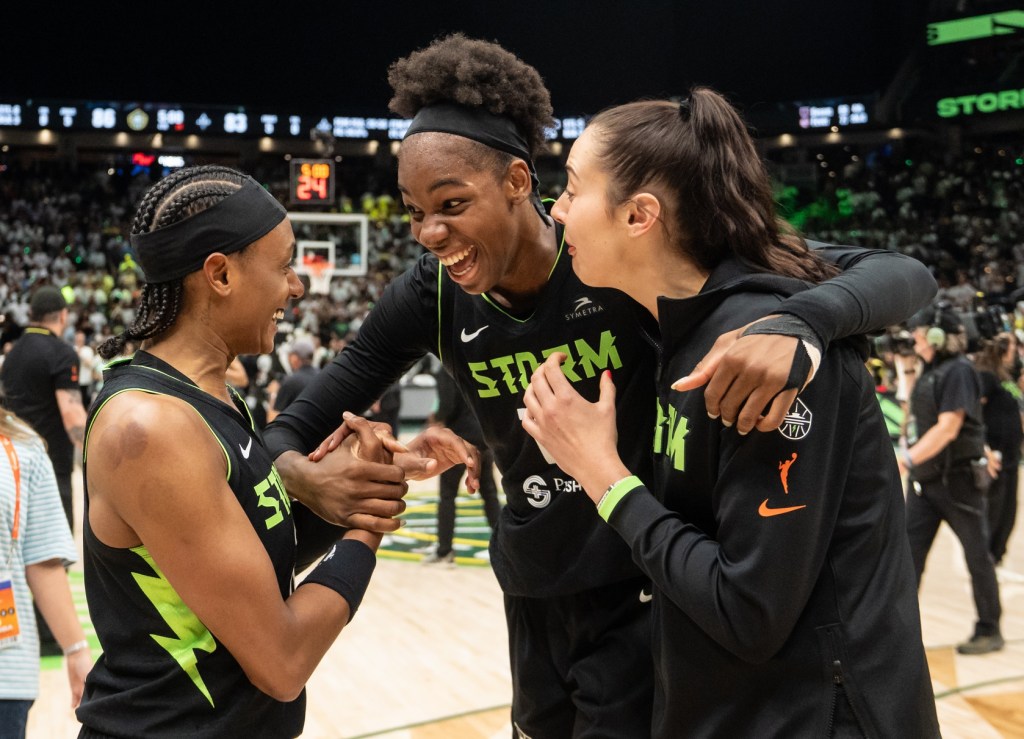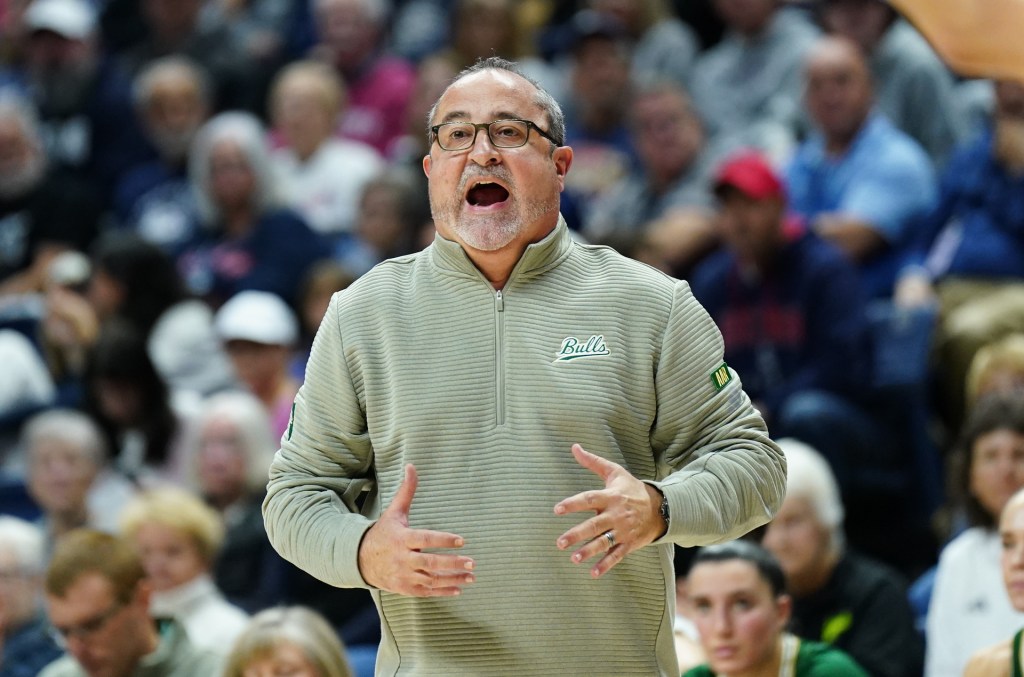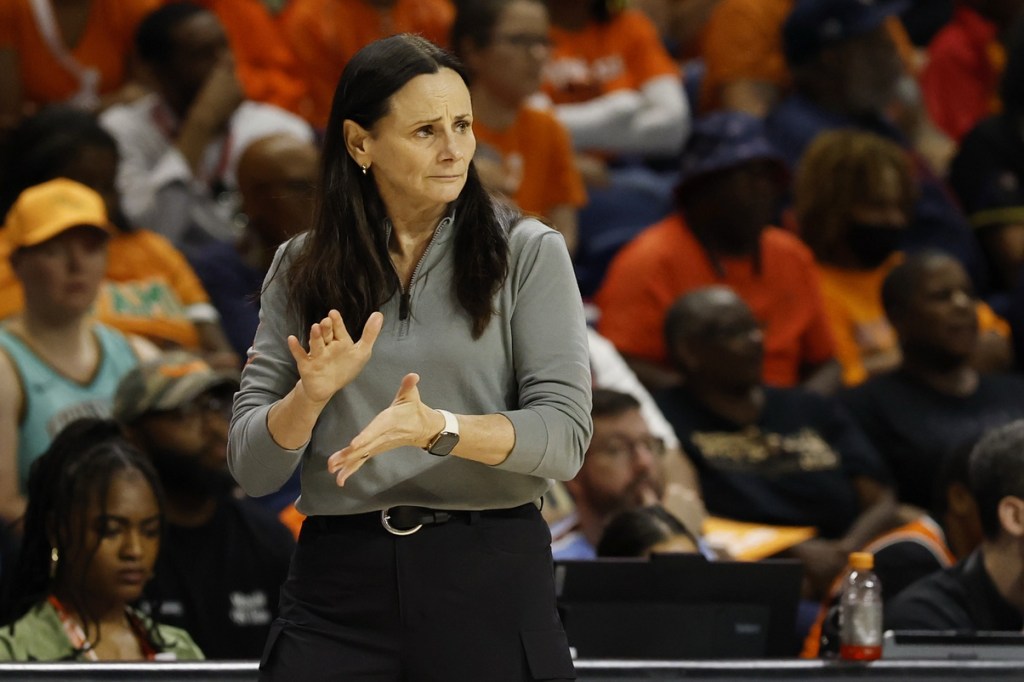INDIANAPOLIS — Some of University of Minnesota head football coach P.J. Fleck’s defense of the program at Big Ten Media Days on Thursday irked one of his former starters.
“The fact he is saying he has never used workouts as punishment is such bull,” said the player.
The former player wasn’t among the six former players interviewed by Front Office Sports — who, along with former staffers — detailed allegations of a toxic environment under Fleck. The player first reached out hours after the publication of Wednesday’s story and was granted anonymity over fears of career repercussions for speaking out.
Fleck called the report “baseless,” although he confirmed the existence of the Fleck Bank, which FOS reported as a means to track players within the program. Multiple former players said Gophers players with enough credit in the Fleck Bank were able to avoid punishment for violating team rules, including positive drug tests.
“The Fleck Bank, mostly used in 2017 and 2018, was an analogy used in a team meeting talking about the more you invest into a program, the better experience you’re going to get out of it,” Fleck said. “As a head football coach, when you come in, and you don’t know anybody, the guys that do really good things are going to have a really good experience. If you’re not doing all the right things, you’re probably not going to have a great experience.
“No one ever got out of any type of punishment for that. And just so everybody knows, in punishing our football team, that word ‘punishing,’ in fact, our athletic department has taken over our disciplinary-type actions. We do not use physical activity to discipline our players at the University of Minnesota. And we have never done that.”
Along with the latest source, there are now seven former players who told FOS the Fleck Bank existed from Fleck’s arrival in 2017 through the 2021 season. On Thursday, one of his current players gave his view of the current state of the Fleck Bank.
“I wouldn’t say it works for me,” said redshirt senior tight end Brevyn Spann-Ford when asked by FOS how it works. “It’s an analogy, speaking about how we do community service and to pour into the program like the program poured into us. We have unlimited resources, and because we got those resources, we are expected to do good things in the community.”
Spann-Ford said he hadn’t experienced workout punishments — banned by the school and NCAA policy — in his five seasons at Minnesota.
Early in Fleck’s tenure, the latest former player said the workouts were called “culture” workouts. And while sources told FOS they became less frequent, one former player said they were done through the 2021 season.
“One of my teammates was feeling super sick and was coughing up blood,” the latest player told FOS. “He went to the trainers beforehand and said he could not [get through it because] of how he felt. The trainers said it was nothing and forced him to do the workout. The trainers were too scared of Fleck to say anything.”
The NCAA reinforced its guidelines on coaches using brutal workouts as punishments in the aftermath of the death of Jordan McNair, a Maryland football player who collapsed on the practice field and died two weeks later in June 2018.
ESPN reported after McNair’s death that a “toxic” culture existed within the Maryland football program under then-coach D.J. Durkin.
An independent investigation released in September 2018 found players who were late or missed workouts were forced to do “Jesus Walks,” where players had to use a stair stepper for up to “one hour with a PVC pipe across their shoulders.”
“These college football programs are cash cows but operate with very little oversight on how they are managed on a day-to-day basis,” Hassan Murphy, the McNair family lawyer, said when asked if player safety has improved in college sports since McNair’s death. “It’s never just one incident. It takes time for things to take hold.
“Given how much authority and power coaches have, there still needs to be safeguards in place to make sure players are safe and treated humanely.”
Former players told FOS that they were pressured to return from injury when they weren’t ready and alleged that Fleck influenced the treatment of players.
Spann-Ford, Minnesota’s wide receiver Chris Autman-Bell and defensive back Tyler Nubin were made available to reporters on Thursday.
Nubin was among the current Minnesota players who took to Twitter to criticize the FOS report and posted, “This program is not for everyone.”
“It’s not for guys that don’t like to work hard, don’t like to be held accountable, don’t like to go the extra mile,” Nubin said on Thursday. “It’s not for guys that want to skate through and just play football.”
Autman-Bell said that stories with similar sets of facts come out “this time every year.”
Fleck appeared to blame the allegations on those who spoke to FOS, even though most of the players who came forward left on their own accord.
“The majority of the players who have been removed in the program or who might not have done the right things in the program, and those are hard decisions you have to make as a leader,” Fleck said. “I haven’t seen many players who’ve been removed from the football team who leave happy.
“You know, I mean, college football doesn’t promise happiness.”
The latest former player to talk to FOS gave his view on why more players haven’t come forward.
“There is a silent majority of players who feel this way and have seen this stuff,” the former player said. “We just are tired of seeing Gophers fans reading these stories and dismissing it because he won football games. We are not just former disgruntled players, we are trying to tell you what actually happens, but no one wants to listen.
“This stuff is real. If former players or coaches deny anything that has been stated here, they are simply lying through their teeth or weren’t there when it happened. I just want parents to really know what they are sending their sons into because I don’t want to see any more young athletes go through what we went through. That is not how football programs should be run.”
